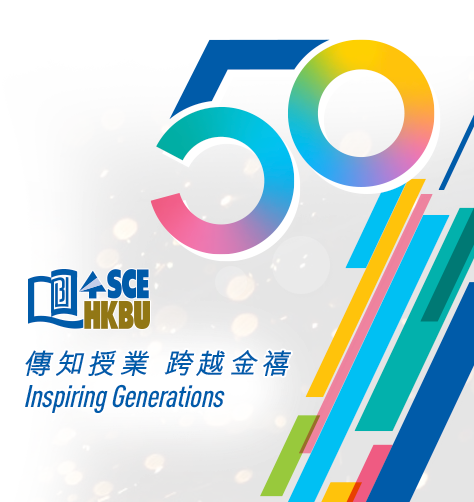BER students visit Fukuoka to explore environmental and waste management issues
BackA group of 15 students from the Bachelor of Social Sciences (Hons) in Environment and Resources Management Programme (BER) participated in a study camp to Fukuoka, Kyushu Japan. Led by Dr. Coleby Alastor, Lecturer of the Division of Applied Science, students gained valuable insights on environmental and conservation issues from the tour.
The study camp covered a number of environmental sites, principle among them was the Fukuoka Method Landfill. Here all of the city’s organic waste was compacted and composted between layers of stone both could be aerobically and anaerobically digested which also helped to reduce the city’s methane emissions. The remaining leachate was then extracted through pipes beneath which filtered this waste-water for safe disposal. In this case, the Fukuoka Method substantially reduced the environmental impact of waste in a city where almost everything else is recycled. In time, students were told the land-fill would degrade the waste and the land become available for other types urban development including new housing and city parks.
In addition to the Fukuoka Method Landfill, students also visited Beppu University's Nature Based Tourism facility, the Beppu Hot springs, the Fukuoka Waste Processing Plant, and the Kitakyushu Environmental Museum and the Hiroyama special geological site with its wave cut platform, arches, and fossilized coral reef, among others.
Winnie Chan, BER student joining the camp said, “It was a very fruitful field camp. I gained a lot of knowledge related to environment history and the application of environmental technology in the process”. Another student, Harris Li reflected that, “The exchange activities with Japanese students were particularly memorable, as they fostered a sense of global community and mutual respect. The visits to various environmental and scientific institutions highlighted Japan’s commitment to sustainability and innovation”.
Following on from what students have explored in Fukuoka, the BER programme invited a guest speaker Ms. Sachiyo Hoshino, Special Adviser to the Regional Representative, UN-Habitat Regional Office for Asia and the Pacific, to deliver a subsequent talk to students in October. The topic of the Fukuoka Method was expanded upon with case studies of its application not only in Japan, but also in less economically developed countries such as Myanmar, Kenya, and many others.
For more information on this remarkable approach to UN-Habitat solid waste management project, please visit:













